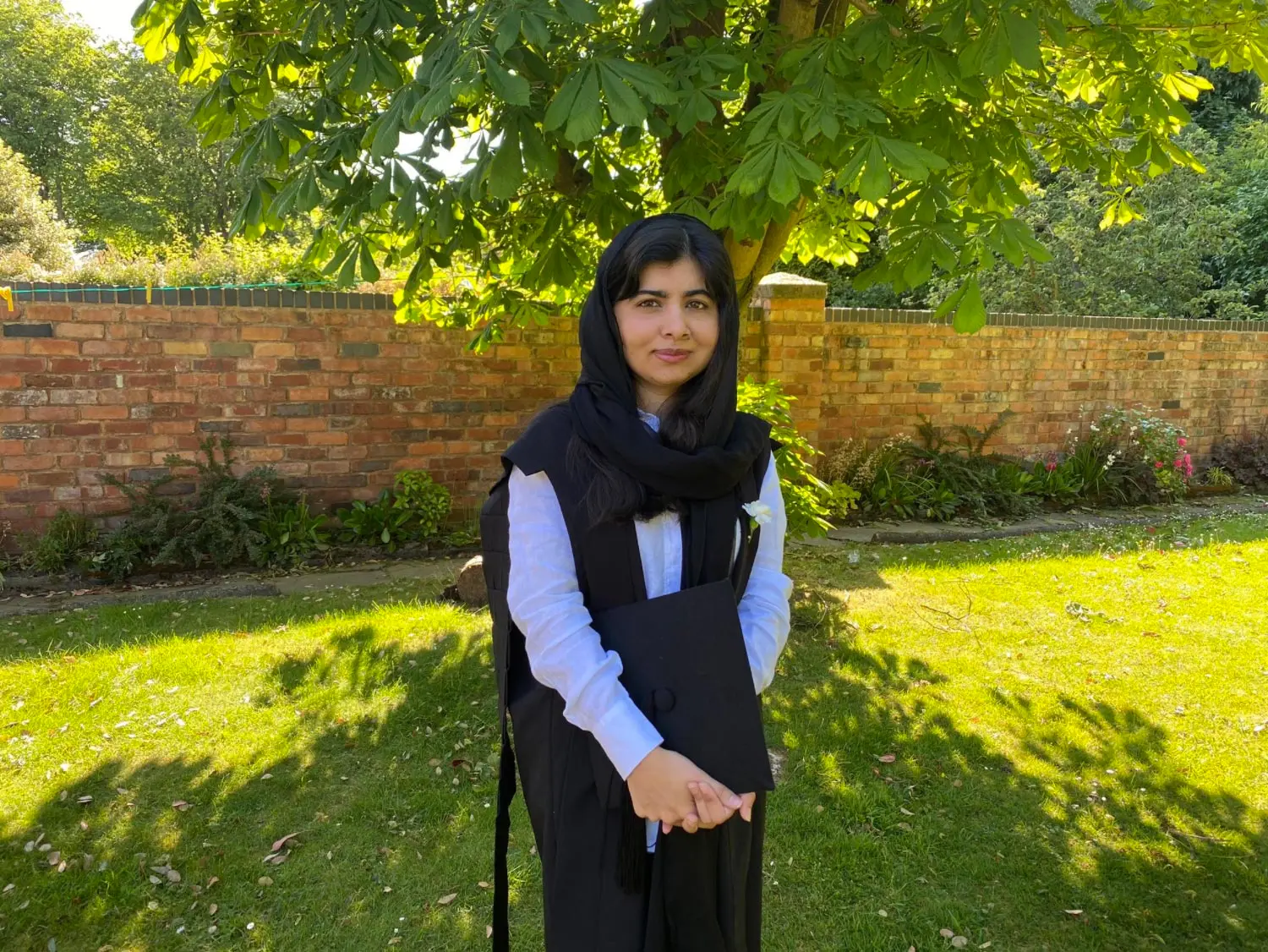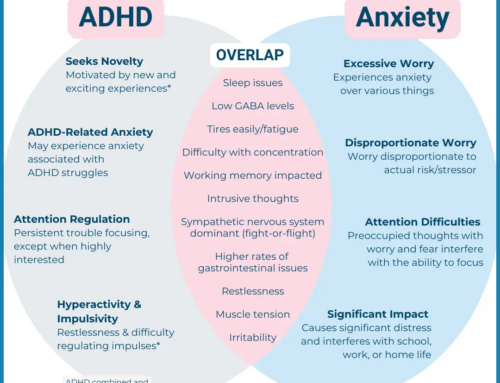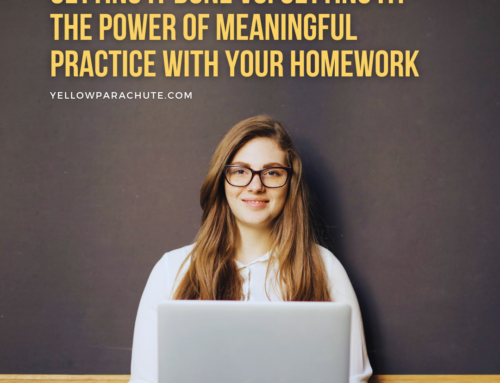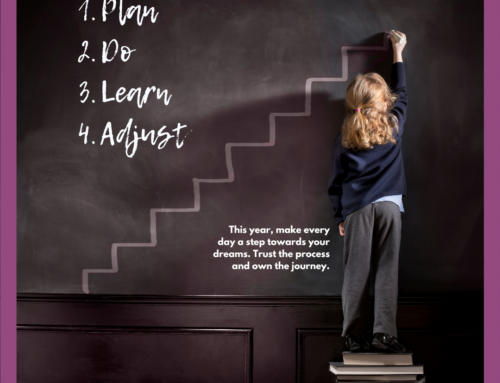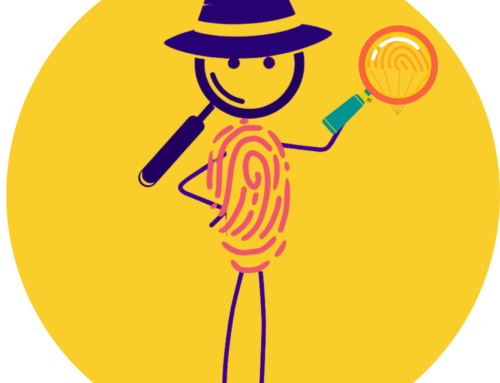Malala Yousafzai graduated from Oxford University in 2020; her path to this achievement was very different from any you or I will ever take.
Just before Thanksgiving this year, I had the chance to work with one of my middle school students on her analysis of Malala Yousafzai’s speech delivered to the United Nations in July 2013, on her 16th birthday. Although I had been aware of the details of Malala’s journey from a distance, I had never taken the time to listen to the speech itself. Whether it was my newfound stillness before the long weekend that allowed me to absorb her words or the Thanksgiving holiday that brought a fresh perspective, the profound message conveyed by this courageous young woman in front of world leaders renewed my sense of purpose as an educator and executive function skills coach.
👉 View Malala’s 2013 UN Speech
Malala’s eloquence and conviction were nothing short of inspiring, as she spoke passionately about education as a fundamental right for all children, regardless of gender or geography. Malala’s bravery in the face of adversity and her unwavering dedication to advocating for girls’ education resonated deeply with both me and my student. The time flew by as she wrote and watched Malala, only 3 years older at the time, address the UN leaders.
As we delved into the speech, my student and I talked about how young Malala was to make such big decisions about her future, even though she must have been scared. It was a reminder that, as an educator, I hold the key to unlocking potential and fostering the next generation of changemakers.
The experience also highlighted the importance of encouraging students to find their voices and speak out for what they believe in, just as Malala did. This collaboration not only enriched my understanding of Malala’s message but also reaffirmed my commitment to empowering young minds. I believe we can take education for granted in the United States; I know that there have been times when I’ve done this. But to know that our students have access to the most powerful tool to change the world inspires me to keep striving to help them find what works – to get it right – so they can achieve this goal!
And so Thanksgiving weekend, I find myself reflecting on the profound inspiration drawn from Malala Yousafzai’s extraordinary journey. Her steadfast commitment to education, even in the face of unimaginable adversity, serves as a powerful testament to the transformative potential of learning and the accountability we can take to making it happen!
How we can mindfully embrace our educational choices and pursue a purposeful learning experience?
The Inspirational Legacy of Malala Yousafzai
Malala’s story is not just one of courage; it is a compelling reminder of the vital importance of education as a catalyst for personal growth and societal change. Her advocacy for girls’ right to education has sparked global conversations about access to learning, resilience, and empowerment. This Thanksgiving, let us draw inspiration from her unwavering spirit and reflect on how we can harness our educational opportunities to shape our futures.
The Connection Between Executive Function Skills and Purposeful Learning
A key element in making informed educational choices lies in developing strong executive function skills. These cognitive processes are essential for understanding ourselves better and making decisions that align with our aspirations and values.
Enhancing Self-Awareness and Goal Setting
Self-awareness is a cornerstone of effective learning. By understanding our strengths, weaknesses, and personal aspirations, we can set meaningful educational goals that resonate deeply with who we are. This clarity enables us to choose academic paths that not only fulfill our intellectual curiosity but also align with our long-term objectives.
Strategic Planning and Problem-Solving
Planning and problem-solving skills are crucial for navigating the complexities of education. These skills empower us to break down ambitious goals into actionable steps, allowing us to overcome obstacles and adapt our strategies when challenges arise. With a well-thought-out plan, we can approach our studies with confidence and purpose.
Mastering Emotional Self-Regulation
Emotional self-regulation is another vital executive function skill that helps us manage the stress and emotions often associated with academic pursuits. By cultivating this ability, we can maintain focus and motivation, even when faced with setbacks or difficulties in our learning journey. This resilience is essential for achieving success in any educational endeavor.
Mindfully Embracing Purposeful Education
As we celebrate this season of gratitude, let’s commit to embracing the educational choices available to us with intention and enthusiasm. Here are several strategies to help you pursue a more purposeful educational experience as a parent, teacher, or student. While these are TOUGH for anyone to tackle alone, a parent or trusted mentor or coach can help you build accountability and perseverance to achieve your goals.
- Reflect on Your Values: Regularly assess your values and long-term goals to ensure your educational path aligns with your aspirations.
- Seek Aligned Opportunities: Actively pursue learning experiences that resonate with your passions and interests.
- Practice Time Management: Develop effective time management strategies to maximize your study time and enhance productivity.
- Cultivate a Growth Mindset: Embrace challenges as opportunities for growth, fostering resilience in the face of setbacks.
- Engage in Self-Reflection: Continuously evaluate your learning style and preferences to optimize your educational experience.
Thanksgiving weekend and into the new year, let us appreciate the myriad educational opportunities available to us. Don’t let them go to waste!
By honing your executive function skills and approaching your learning with mindfulness and purpose, you can honor Malala Yousafzai’s legacy. In doing so, you not only enrich your own life but also contribute to building a more informed, compassionate, and equitable world.
Let’s celebrate education as a powerful tool for transformation—both personally and globally—and commit ourselves to making thoughtful choices that lead us closer to who we aspire to become. Yes, these are huge dreams. And we have to start somewhere. What’s one small change you want to make in your school routine?
Yours in the journey,
Cara

